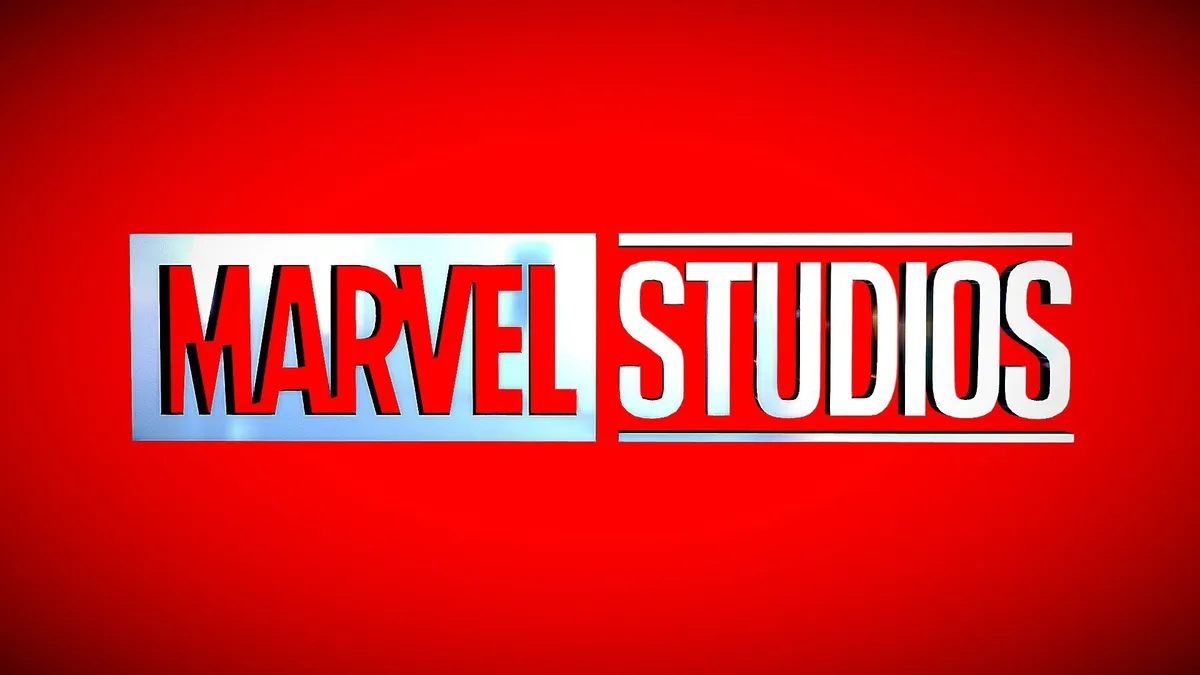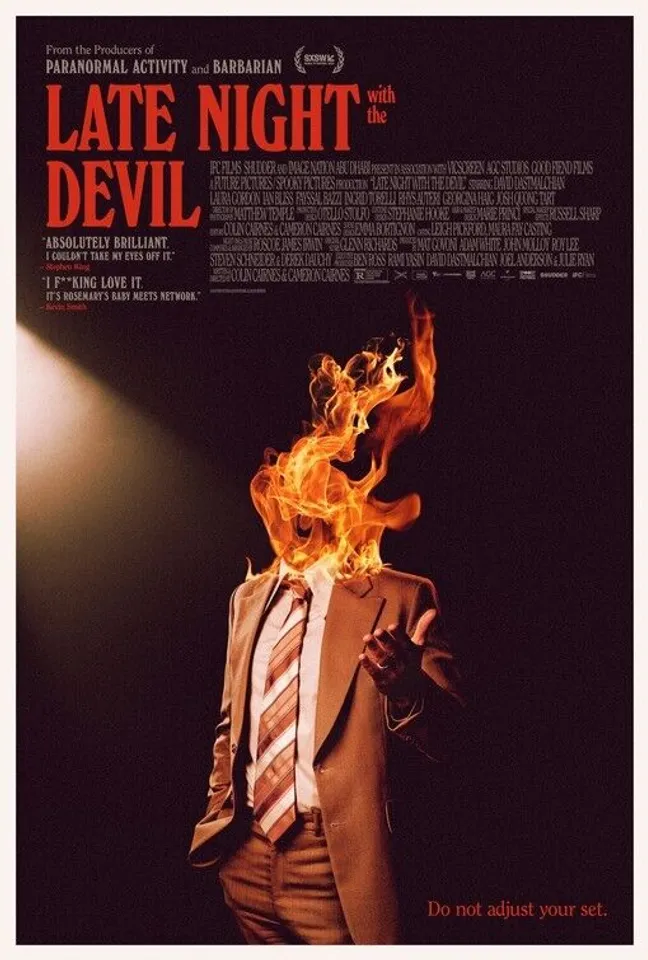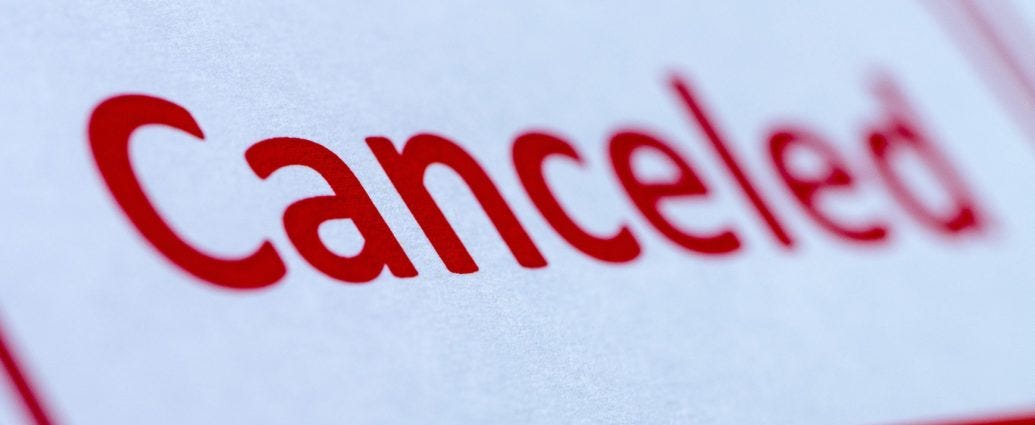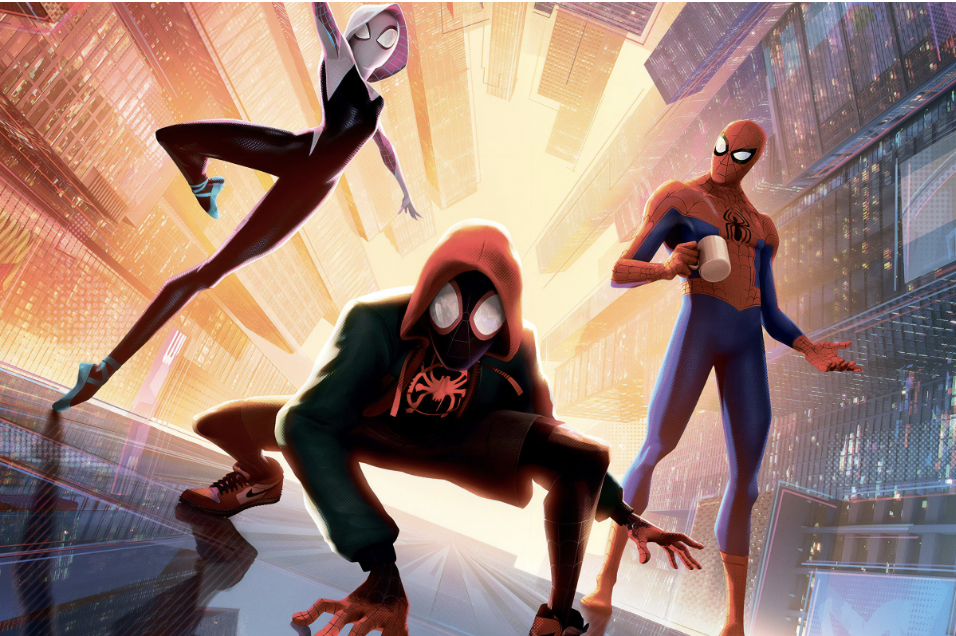Marvel Studios has lost its way.
What was once the gold standard for comic book cinema in Hollywood from 2008 to 2019 has become a shell of its former self in the last five years. Even though I still watch all the movies and shows released by the studio, it is apparent that its best days are in the past.
Making its mark in Hollywood in 2008 with the successful release of Iron Man, Marvel Studios went on to have a hot streak of box office successes for the next eleven years. From the $1.519 billion gross of the first Avengers film in 2012 to making the second-highest grossing film of all time with the $2.799 billion gross of 2019’s Avengers: Endgame, Marvel Studios has carved out a legacy as the owner of the most successful film franchise of all time.
Characters that were virtually unknown to the public like Iron Man, Captain America, Thor, and the Guardians of the Galaxy were made into household names because of Marvel Studios. This is largely due to how good Kevin Feige, the president of Marvel Studios, was at working with different directors and writers whose visions for the franchise lined up with his.
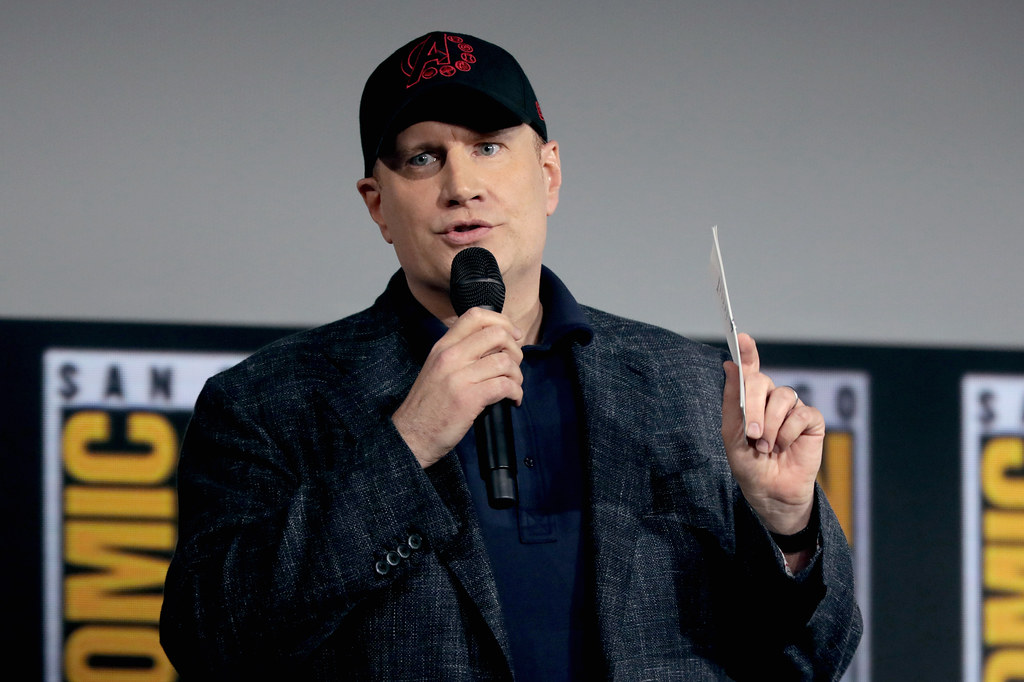
Marvel Studios and the Marvel Cinematic Universe were on top of the world for their first eleven years and four phases. However, things started to change in 2020.
The COVID-19 pandemic pushed a lot of production in the world back and put everything on hold when it happened four years ago. As expected, a lot of films in Hollywood were delayed.
Marvel Studios was no different. However, the pandemic posed a bigger problem for them because of how every film in the Marvel Cinematic Universe connects to one another like individual episodes in a season of television. Black Widow was the next film to be released after 2019’s Spider-Man: Far From Home in 2020 before getting delayed to 2021.
As one would expect, this had a domino effect on the rest of the slate for the Marvel Cinematic Universe. Films’ release dates had to be moved around and the overarching narrative of the Marvel Cinematic Universe was permanently affected as a result. Even though COVID-19 caused delays for Marvel Studios, I would say that the downfall started before the pandemic.
Back in 2019, Marvel Studios announced Marvel Cinematic Universe television shows that ended up airing on Disney Plus. Because Marvel is owned by Disney, their own streaming service was the obvious destination for these shows.
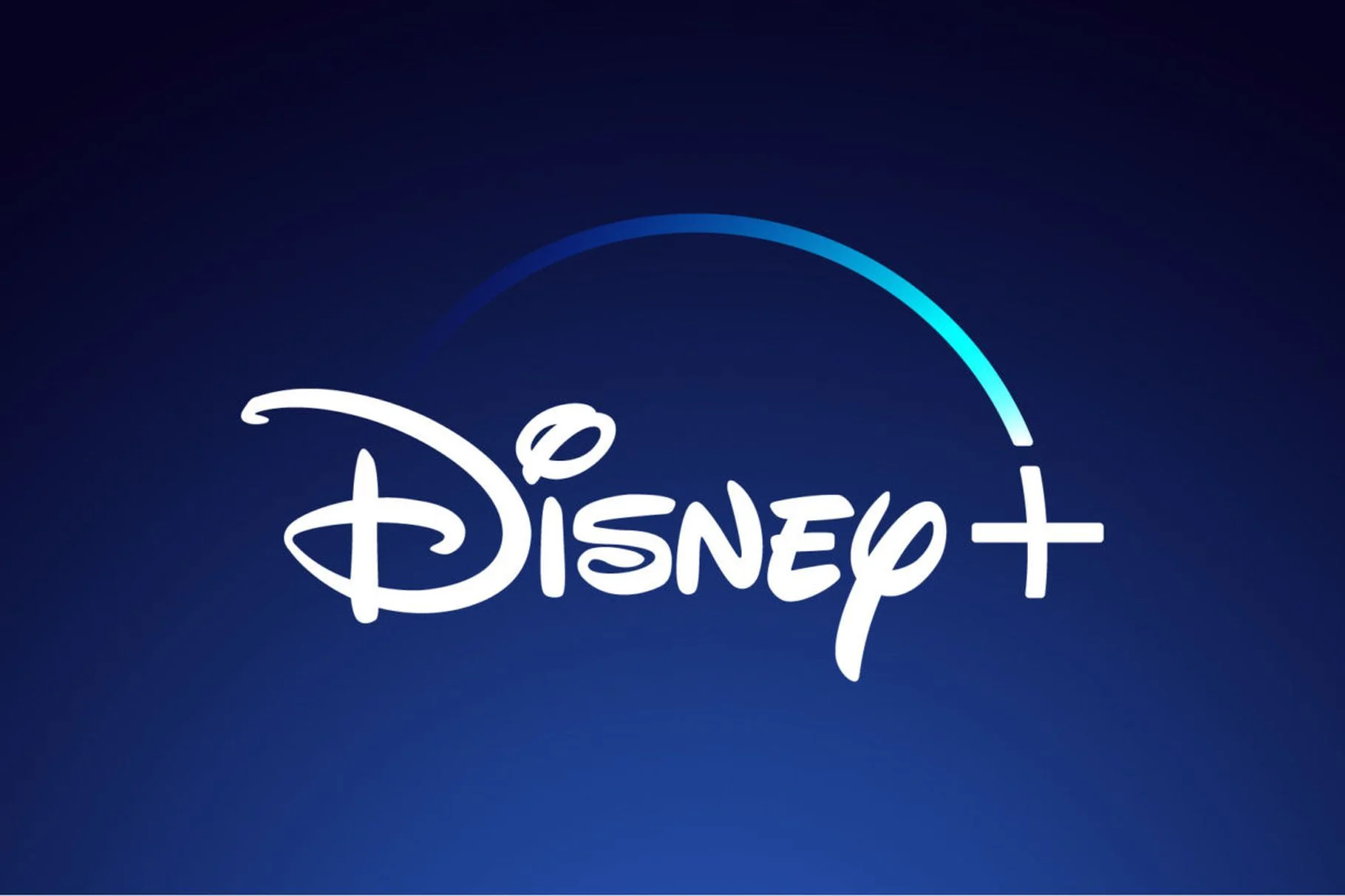
Even though the idea of more Marvel content is great and exciting on paper, the execution of it has received mixed responses. While shows like Loki, WandaVision, and What If….? have gotten pretty good reception, shows like Secret Invasion, She-Hulk: Attorney At Law, and Echo have received less than stellar reviews. Even though I have personally enjoyed all these shows to some degree, their reception has not been anywhere near as good as past Marvel shows or films.
I blame three specific issues for this mixed reception. One of them is Marvel Studios specializing in films and not being very experienced in making television.
At one point in time, Marvel had a separate division for television production known as Marvel Television. Television shows that were not directly connected to films in the Marvel Cinematic Universe were produced there. Examples include Daredevil, Agents of S.H.I.E.L.D., Jessica Jones, and Luke Cage.
This division was led by Jeph Loeb while Marvel Studios was run by Feige. However, it shut down in 2019 when it was folded into Marvel Studios. Ever since then, Marvel Studios has overseen making Marvel television shows in addition to films.
Just because someone is good at one thing does not make them good at another. Even though Marvel Studios has historically been great at putting out films, their ways of producing television shows have been a tad unorthodox.
For starters, Disney seems to have mandated the production of as much Marvel content as possible for Disney Plus. Back in 2020, Disney put Bob Chapek in charge of the company instead of Bob Iger, the previous CEO. This was not too long after the Marvel Disney Plus shows were announced.
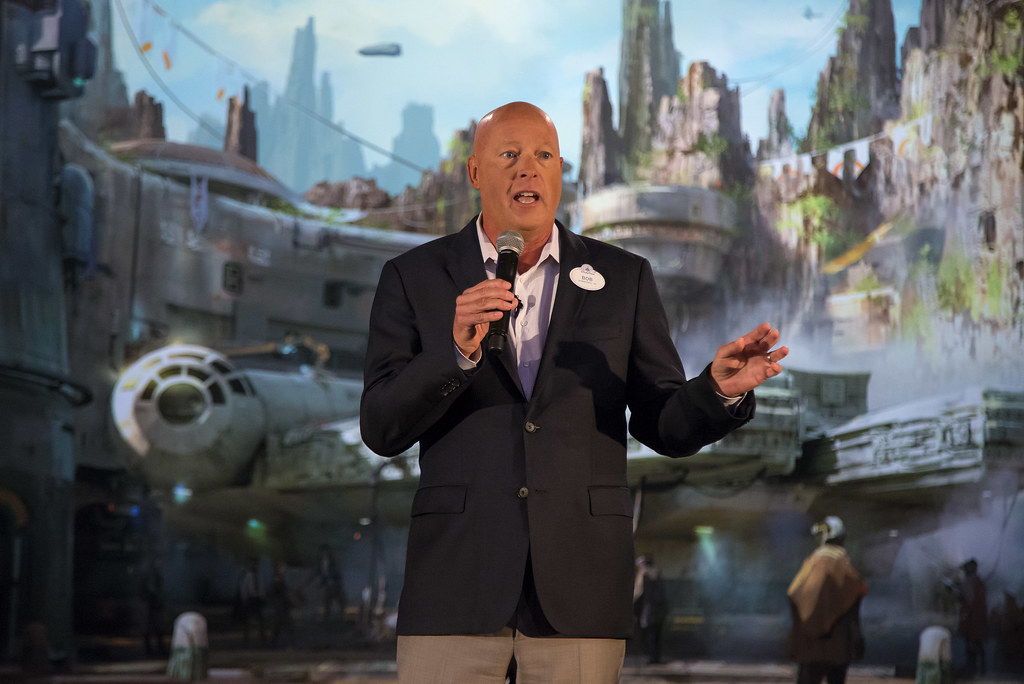
Chapek took over right as COVID-19 manifested. It could be said that he did what the company thought would bolster Disney Plus subscriptions. Since a lot of people in the world were stuck inside their homes, they were more prone to watch the streaming service. However, quality should always trump quantity.
Back in 2021, five Marvel Cinematic Universe television shows premiered on Disney Plus and four films were released. Together, nine projects were released by Marvel Studios that year.
Before 2021, Marvel Studios would only release two to three films a year. Even without the television shows, the film output of 2021 was more than usual. COVID-19 caused delays from 2020 to 2021 but a lot of content was going to be produced, nonetheless.
When Marvel Studios mainly focused on just putting out films from 2008 to 2019, their reputation among critics and audiences was great. After increasing the number of productions, it was the opposite. More does not always mean better.
“Spacing out the MCU release schedule could also help each release to breathe,” said CLC Introduction to Film professor Sean Bernhard when asked about his opinion on the Marvel Cinematic Universe. “The films could feel more like events again with longer breaks in between.”

The idea of Marvel Cinematic Universe television shows is not terrible. However, short episode counts have also contributed to their tepid reception.
Aside from What If….?, WandaVision, and She-Hulk: Attorney At Law, Marvel Disney Plus shows usually have six episodes or less. What is worse is that the episodes are usually less than an hour.
Short episode counts and runtimes do not allow for fully satisfying stories to be told. The narratives of most of these shows have unfortunately been rushed because of these factors. If I was overseeing Disney, I would either mandate that these shows be eight to ten episodes with hour-long runtimes or just make Marvel Studios go back to only releasing films.
The Disney Plus Marvel shows also give audiences extra mandatory content to consume to understand the films. Because a large portion of the audience that go to see Marvel films consists of casual fans who do not watch every bit of Marvel content, this type of move gives people unnecessary homework. This is the second issue.
Being entertained should not feel like work. When those experiences feel like that, I believe that the audience loses the motivation to care about the content. To me, the reception of The Marvels proves this.
The Marvels, the sequel to 2019’s Captain Marvel, released in late 2023. It had the lowest opening of any Marvel Cinematic Universe film with only $47 million domestically and $110.3 million globally. It went on to only make $206.1 million worldwide at the end of its box office run.
In comparison to its predecessor, which made $1.131 billion, The Marvels was a huge financial disappointment. Even though it could be said that the film flopped because it was not good, I would argue that its failure was also because of how it was a sequel to multiple Marvel projects.

The Marvels focused on the characters of Captain Marvel, Ms. Marvel, and Monica Rambeau. While everyone most likely knew who Captain Marvel was going into the film, those who did not know the latter two characters could not have been blamed for that lack of knowledge.
Ms. Marvel, also known as Kamala Khan, was introduced in Ms. Marvel in 2022. Monica Rambeau was introduced in 2021’s WandaVision. Both characters were introduced in Disney Plus shows that most casual moviegoers most likely did not even watch.
The experience of watching a sequel to a film that you saw in the past and seeing characters that were not in any of the previous franchise films would no doubt be a confusing one. I do not believe the Marvel Cinematic Universe’s first huge flop coming after the introduction of Disney Plus is a coincidence.
“There needs to be more variation in MCU film stories and tone, more room for the directors and writers to develop their perspectives on these characters,” said Bernhard when talking about MCU products not feeling unique. “That runs the risk of films feeling less interconnected, but it also could make each film feel more worth watching as it wouldn’t just feel like homework to set up the next sequel.”
The third issue that has contributed to Marvel Studios’ current tepid reception is the perceived lack of a story plan. What I mean by this is how the recent films and television shows do not seem to have a narrative goal that they are heading toward.
From 2008 to 2012, the Marvel Cinematic Universe primarily aimed to lead up to the formation of the Avengers. Giving Iron Man, Captain America, Hulk, and Thor their own solo films while introducing Black Widow and Hawkeye in them was done to introduce audiences to these characters before teaming them up.
During a post-credits scene at the end of The Avengers, the character of Thanos was revealed. This set him up as the next big villain for the franchise and narrative objective. After the releases of Avengers: Infinity War and Avengers: Endgame in 2018 and 2019, Thanos’ story was over, and the Marvel Cinematic Universe had a largely unknown future.
The character of Kang the Conqueror was introduced in the first season of Loki in 2021. After that, he showed up again in 2023’s Ant-Man and the Wasp: Quantumania.
In both projects, he was portrayed as a big multiversal threat and the next primary villain in the franchise. The multiverse has been a huge part of the Marvel Cinematic Universe narrative for the last three years. In 2022, Feige announced that every show and movie after Spider-Man: Far From Home was a part of “The Multiverse Saga.”
Even though it seemed like this was the obvious next step in the franchise story, the overarching narrative has been scattered and all over the place. For example, Moon Knight and She-Hulk: Attorney at Law have only had single seasons with no promise of more. The shows introduced their respective characters to the Marvel Cinematic Universe but there is no telling when the audience will see them again.
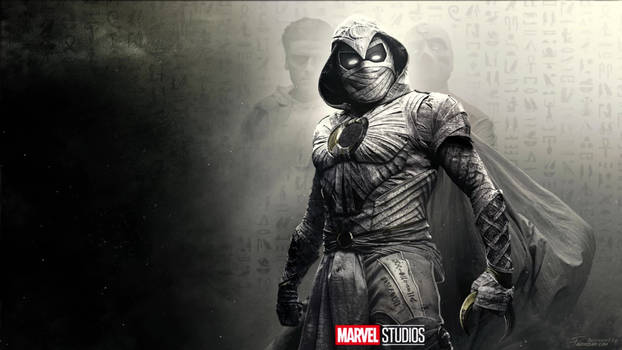
These shows had nothing to do with the multiverse or Kang. They felt like they were made to introduce casual audiences to their title characters and nothing else.
Even though I have a feeling that Moon Knight and She-Hulk will eventually show back up in future films, they have not been referenced or talked about in any Marvel films or shows since. It is almost like their shows never happened.
Not every movie after The Avengers mentioned Thanos but it still felt like something huge was coming. I have not consistently gotten that feeling with the last phase of Marvel Cinematic Universe content.
Secret Invasion is another example of this problem. It focused on the character of Nick Fury as he tried to stop the invasion of the Skrulls. The Skrulls are shape-shifting aliens that were introduced in 2019’s Captain Marvel.
Since Skrulls can look like anyone and infiltrate whole societies, the plot of Secret Invasion had more than enough potential to be a fantastic storyline for the Marvel Cinematic Universe. In my opinion, Marvel Studios should have made this the focus for the next phase instead of Kang or the multiverse.
The comic version of Secret Invasion was a huge storyline that involved many characters in the Marvel Universe. It was an event that treated the Skrulls like a huge threat to the world’s security.
The television show barely scratched the surface of this story’s potential. It felt self-contained and nothing like an event. The MCU’s adaptation of this story should have culminated with the fifth Avengers movie before moving onto Kang and the multiverse storylines.

I am sure that this plotline will eventually come up again in future films and television shows, but it does no one any good to just introduce the story with no guarantee of a follow-up or conclusion. That type of move makes everything feel disconnected.
What makes this problem even worse is the recent controversy surrounding Jonathan Majors, the actor who was cast as Kang the Conqueror. In early 2023, he was accused of assaulting Grace Jabbari, his then-girlfriend. As expected, this news led to people questioning what Marvel Studios and Disney were going to do about the character of Kang and the future of the Marvel Cinematic Universe.
In late 2023, Majors was found guilty of reckless assault and harassment. As a result, he was fired by Marvel Studios and Disney and no longer allowed to play Kang.
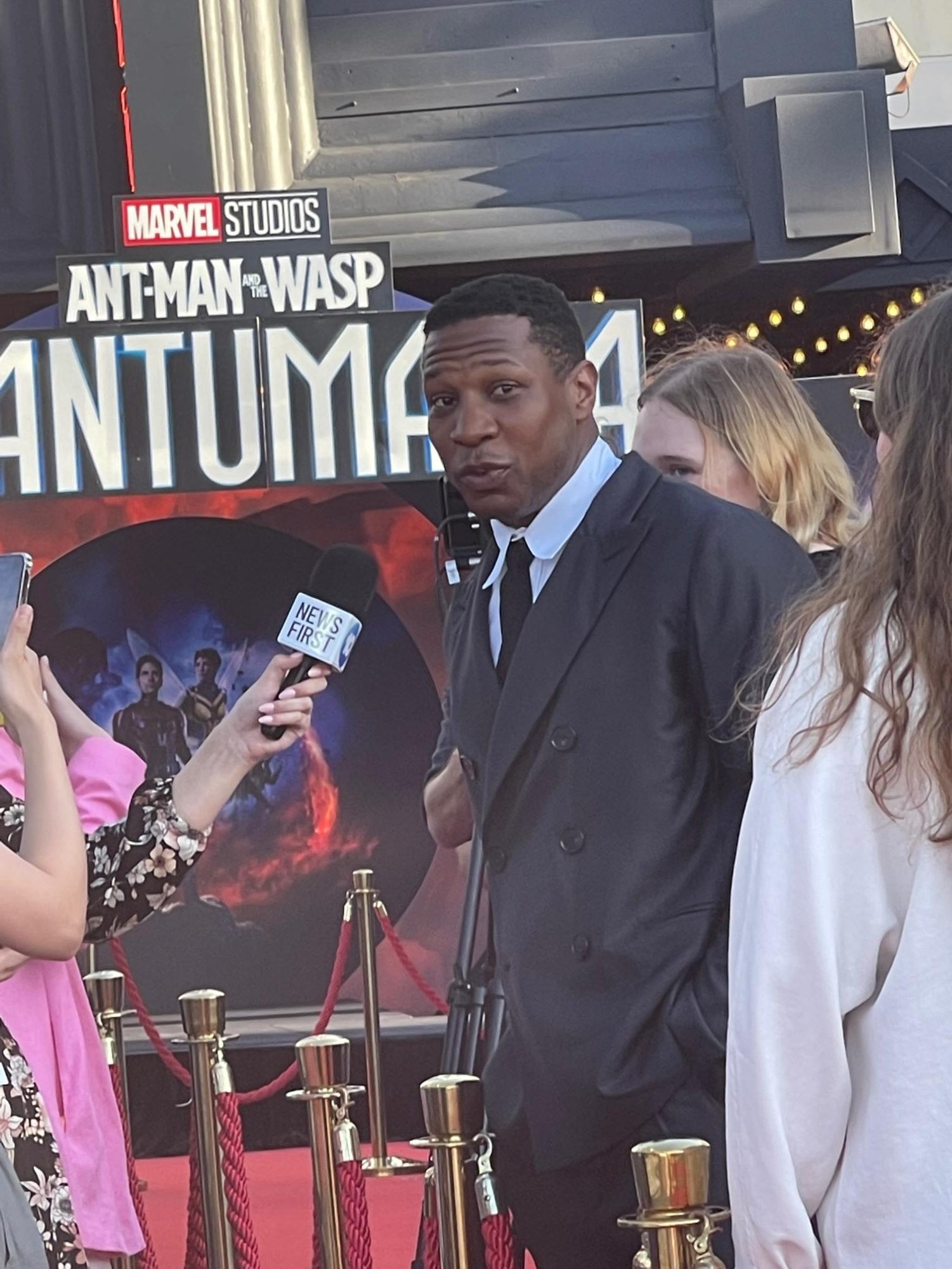
Majors’ last appearance as the character was in the second season of Loki, which aired in the Fall of 2023. In that season, Majors played two versions of Kang.
One was the character of Victor Timely, an inventor that Loki recruited to help restore order to the multiverse. The other version was He Who Remains, the first version of Kang that was introduced in the first season of Loki. At the end of the second season, Loki went back in time to the moment right before He Who Remains was killed and took over as the Keeper of Time.
This action seemingly rid the Marvel Cinematic Universe of Kang and his storyline. Even though this conveniently allows his character to be written out of the franchise in wake of Majors’ verdict, I still want a climactic end to the Kang storyline. The next Avengers film is titled “The Kang Dynasty”, so there is clearly more to the story with this character to be told.
Marvel Studios might just restart development on the next Avengers film to erase the Kang storyline in response to the character’s tepid reception amongst fans and critics. This would be another example of Marvel introducing a new character with no proper follow-up or conclusion. I would rather that Marvel Studios just recast the role and go on with what was planned before Majors’ legal issues.

With Deadpool & Wolverine being the only Marvel Cinematic Universe film to release this year and Chapek not overseeing Disney anymore, it could be said that the franchise is set to get back on track soon. There also does not seem to be that many Marvel Disney Plus shows releasing this year.
I do not work in Hollywood or know a lot about how the entertainment industry works. At the end of the day, I am just a fan who wants to see one of his favorite franchises return to how great it used to be. There is way too much potential to be squandered by Marvel and Disney letting their huge gold mine of a franchise continue to flounder.






